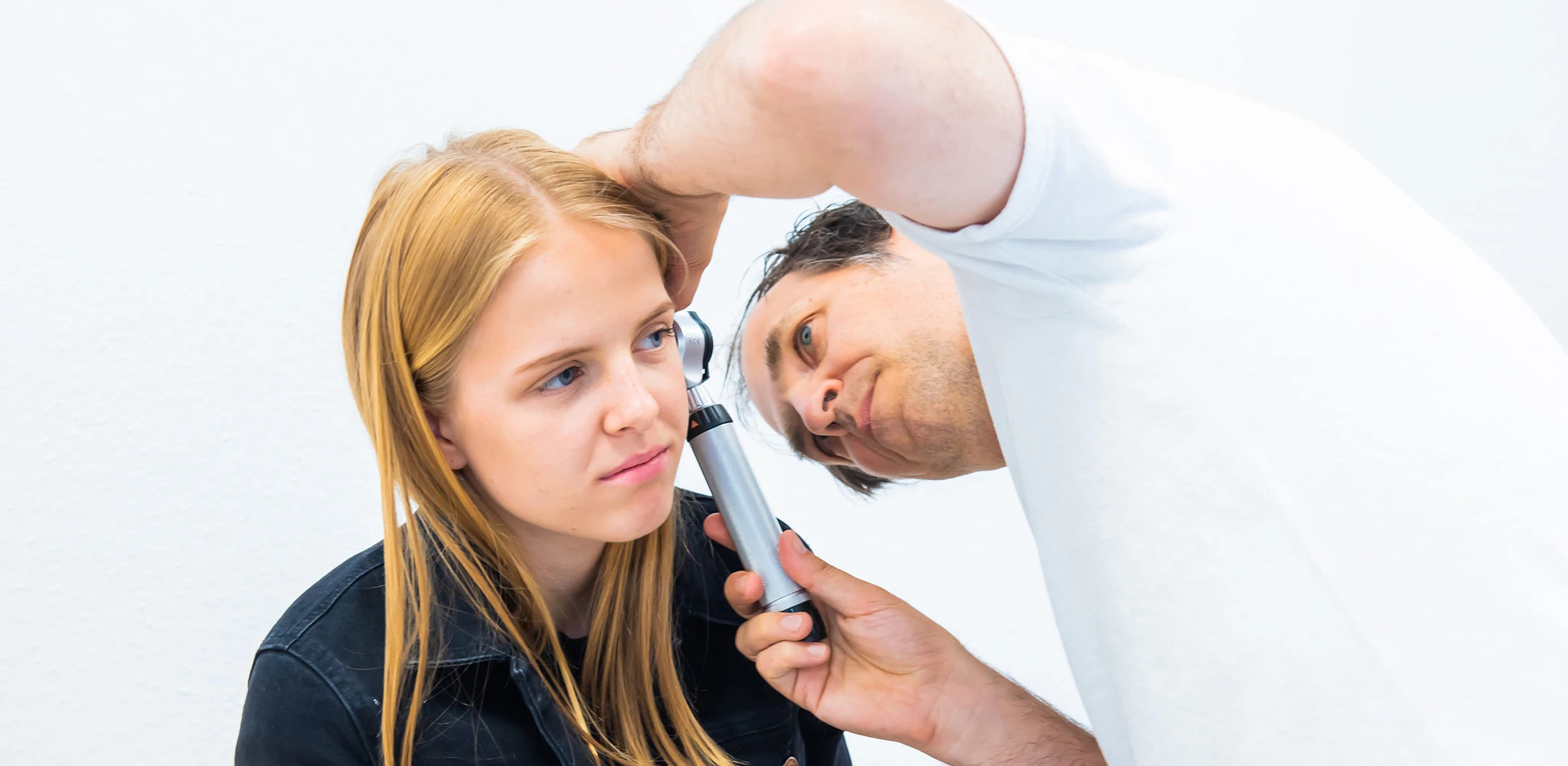Early spring pollen allergy
Spring is actually fantastic. The sun is finally shining again, temperatures are rising and there's an end to grey in grey, because everything is green and in bloom. And that's exactly where the spring glories come to an end for some: for those who suffer from pollen allergies.
In terms of symptoms, children are virtually no different from adults: their noses itch and run, their eyes burn and itch and their conjunctiva turns red. It is also important to know that children are often much more tired and exhausted than usual.
In the advanced stage, the lower respiratory tract may also be affected and coughing or asthmatic symptoms may increase.
And what is the treatment? In principle, the same as for adults. Anti-allergy eye and nose drops, an anti-allergy drug such as cetirizine and, in very severe cases, a product containing cortisone can also be used. However, you should always discuss this with your doctor. The same applies to the treatment option of hyposensitisation. This is something like an "allergy vaccination" in which children are injected with small amounts of allergens over several years so that the body learns to no longer recognise the allergy and no longer react excessively to pollen.
Ultimately, an allergy is nothing more than a completely unnecessary overreaction of the immune system to intruders that are not actually dangerous, namely pollen.
Incidentally, the hygiene hypothesis is interesting in this context. This states that allergies are increasing in our country because children, especially small children, have too little contact with pathogens, infections or dirt. However, the immune system needs this contact in order to train.
How is a pollen allergy diagnosed? Actually from everyday life. Nice weather, the pollen starts to fly - and then the symptoms mentioned appear. The diagnosis is confirmed by taking a blood sample or carrying out a prick test. This is a test in which allergen solutions are dripped onto the forearm and the skin underneath is lightly scratched.
A few more everyday tips: Wash or wet your hair in the evening so that the children don't take the pollen to bed with them. Don't leave clothes that are also full of pollen in the children's room at night, but put them in another room. And, very important: close the windows, as pollen starts to fly from 3 or 4 o'clock in the morning and otherwise you will be exposed to pollen while you sleep.
Further interesting tips
Gaming Disorder
From our series "Things that didn't exist 20 years ago" we present today: "Gaming disorder." As the name suggests, it's all about playing games (on mobile phones/tablets). Parents should be on their guard - but also think about their role as role models.
Truancy
A really difficult topic today - but one that has been taking up more and more space in paediatric practices in recent years. And that's why it's important to discuss it here: It's about truancy.
Foreskin constriction
You can twist and turn it however you like: this topic cannot be presented in a gender-appropriate way. It's about foreskin constriction.
